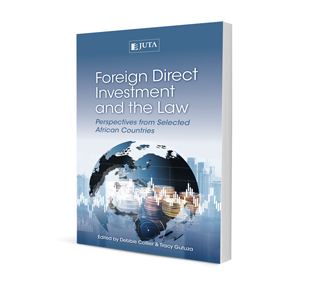The relationship between tax incentives and human rights obligations in the drive to attract foreign direct investment: Are developing countries in Africa getting it right?

The relationship between tax incentives and human rights obligations in the drive to attract foreign direct investment: Are developing countries in Africa getting it right?
Authors A Titus and T Gutuza
ISSN: 1996-2088
Affiliations: Senior Lecturer in Commercial Law, University of Cape Town; Associate Professor in Commercial Law, University of Cape Town
Source: Acta Juridica, 2018, p. 149 – 182
Abstract
Tax incentives are a key feature of the tax policy decisions made in developing countries, notwithstanding the literature expressing doubt as to whether tax incentives are effective in fulfilling their purpose of attracting foreign direct investment (FDI). A concern often raised is that the cost to developing countries of offering tax incentives may be more than the benefits that such tax incentives provide. This essay contributes to this literature by questioning whether developing countries factor in their obligations under the international agreements they have signed when introducing tax incentives. This essay considers several African countries that have signed human rights instruments – such as the International Covenant on Economic, Social and Cultural Rights – and whether the design of the tax incentives these countries offer shows evidence of an awareness of the obligations undertaken under the identified instruments.